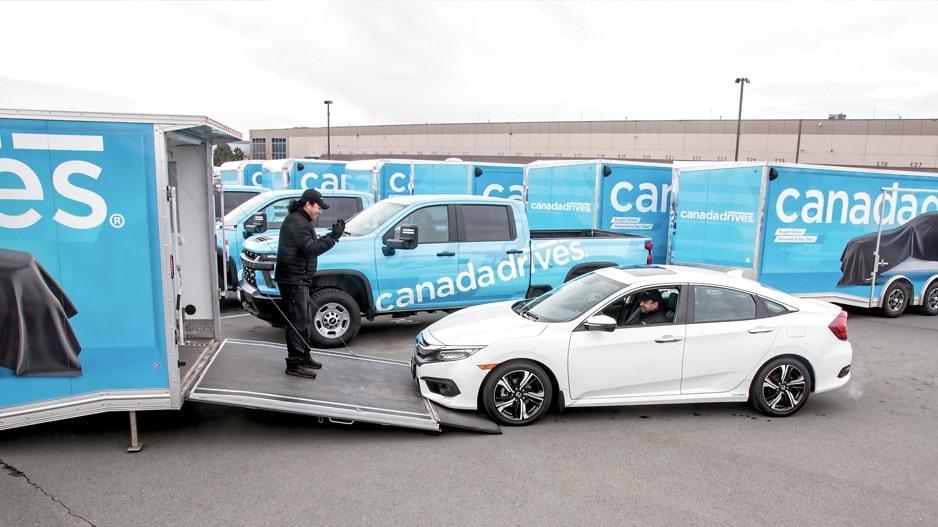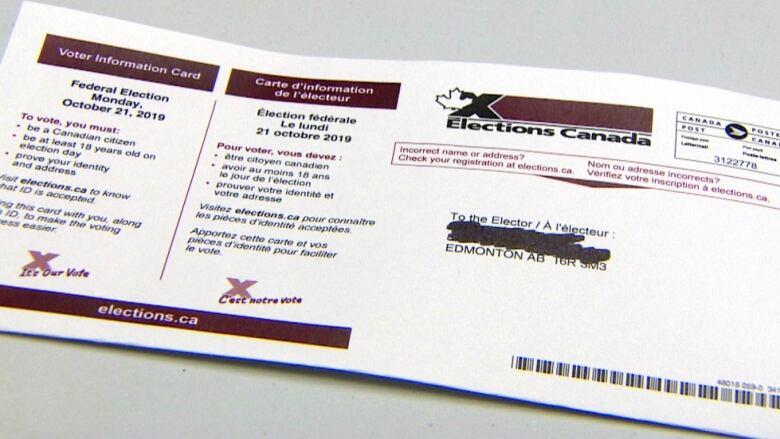How to legally own a car in the Canada? Owning a car in Canada is generally considered to be relatively easy. However, the process may vary depending on the province or territory where you live, as there may be different requirements and regulations in place.Â

How to legally own a car in the Canada?
What conditions do I need to own a car in the Canada?
To own a car in Canada, there are certain conditions you must meet:
Driverâs license: You must have a valid driverâs license issued by a Canadian province or territory. If you are a new resident of Canada, you may be able to use your driverâs license from your home country for a limited time, but you will need to obtain a Canadian driverâs license eventually.
Insurance: You must have car insurance that meets the minimum requirements in your province or territory. The exact coverage and rates may vary depending on factors such as your driving record, age, and location.
Vehicle registration: You must register your vehicle with the provincial or territorial government where you reside. You will need to provide documentation such as proof of ownership, proof of insurance, and proof of identity.
Safety standards: Your vehicle must meet certain safety standards, such as having functioning headlights, taillights, and turn signals, as well as functioning brakes and tires.
Emissions standards: Your vehicle must also meet certain emissions standards to reduce air pollution. The standards may vary depending on the age and type of vehicle you own.
Taxes and fees: You will need to pay taxes and fees when you purchase a vehicle or transfer ownership. The exact amount may vary depending on the province or territory where you reside.
Overall, owning a car in Canada requires meeting certain conditions and complying with various regulations to ensure the safety of drivers and pedestrians. Itâs recommended to research the specific requirements in your province or territory to ensure you are fully informed.

If Iâm a non-Canadian citizen, can I legally own a vehicle in the Canada?
Yes, non-Canadian citizens can legally own a vehicle in Canada. However, there are certain requirements that you must meet, such as:
You must have a valid driverâs license from your home country or an international driverâs license.
You must have car insurance that meets the minimum requirements in the province or territory where you reside.
You must register your vehicle with the provincial or territorial government where you reside. You will need to provide documentation such as proof of ownership, proof of insurance, and proof of identity.
You must comply with safety standards and emissions standards, as well as pay taxes and fees when purchasing or transferring ownership of a vehicle.
Itâs important to note that the rules and regulations may vary depending on the province or territory where you reside, so itâs recommended to research the specific requirements in your area to ensure you are fully informed.
What conditions do I need to own a car in the Canada for a non-Canadian citizen?
To own a car in Canada as a non-Canadian citizen, you must meet certain conditions:
Driverâs license: You must have a valid driverâs license from your home country or an international driverâs license.
Insurance: You must have car insurance that meets the minimum requirements in the province or territory where you reside. The exact coverage and rates may vary depending on factors such as your driving record, age, and location.
Vehicle registration: You must register your vehicle with the provincial or territorial government where you reside. You will need to provide documentation such as proof of ownership, proof of insurance, and proof of identity.
Safety standards: Your vehicle must meet certain safety standards, such as having functioning headlights, taillights, and turn signals, as well as functioning brakes and tires.
Emissions standards: Your vehicle must also meet certain emissions standards to reduce air pollution. The standards may vary depending on the age and type of vehicle you own.
Taxes and fees: You will need to pay taxes and fees when you purchase a vehicle or transfer ownership. The exact amount may vary depending on the province or territory where you reside.
Itâs important to note that the rules and regulations may vary depending on the province or territory where you reside, so itâs recommended to research the specific requirements in your area to ensure you are fully informed.
How to register a vehicle in Canada?
The process for registering a vehicle in Canada may vary depending on the province or territory where you reside, but generally, you will need to follow these steps:
Obtain the necessary documents: You will need to have the vehicleâs original ownership papers, proof of insurance, and a valid driverâs license.
Get the vehicle inspected: In some provinces or territories, you may need to have the vehicle inspected to ensure it meets safety and emissions standards.
Pay the applicable fees: You will need to pay fees for vehicle registration, license plates, and possibly other fees, such as a vehicle safety inspection fee.
Complete the registration form: You will need to fill out a registration form provided by your province or territoryâs Ministry of Transportation or equivalent agency. The form will require information such as your name, address, and vehicle details.
Submit the documents and fees: You will need to submit the completed registration form, along with the necessary documents and fees, to your province or territoryâs Ministry of Transportation or equivalent agency.
Receive license plates and registration documents: Once your registration is complete, you will receive license plates and registration documents. You must attach the license plates to your vehicle and carry the registration documents in your vehicle at all times.
Itâs important to note that the exact process may vary depending on the province or territory where you reside. Itâs recommended to research the specific requirements and process in your area to ensure you are fully informed.